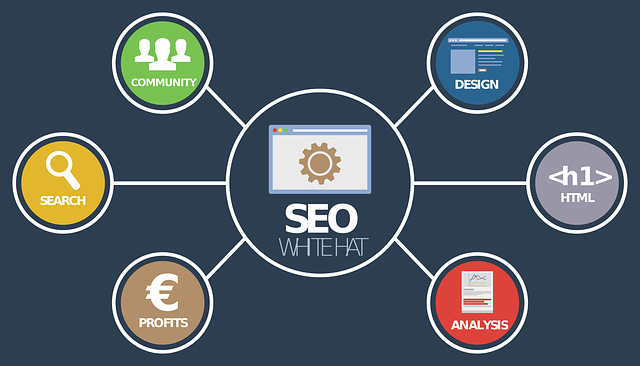AI regulatory monitoring for mobile home compliance leverages machine learning algorithms to automate document analysis, identify non-conformities, save time & resources, and reduce human error. This technology enables proactive tracking of legislative changes, consistent compliance across markets, and fosters consumer trust. While challenges include data privacy, setup costs, and technical expertise, successful implementation ensures accurate record-keeping, improves productivity, and maintains high quality and safety standards in the mobile home industry.
“The intersection of artificial intelligence (AI) and mobile homes is transforming document processing, offering unprecedented efficiency in managing legal and regulatory affairs. This article delves into the innovative application of AI regulatory monitoring for mobile home compliance, exploring its potential to streamline processes. We’ll uncover how AI enhances automated document handling, highlighting benefits such as improved accuracy and reduced costs. Additionally, we’ll address challenges, providing insights on navigating implementation hurdles. By understanding these facets, industry stakeholders can harness the power of AI for enhanced mobile home documentation.”
- Understanding AI Regulatory Monitoring for Mobile Home Compliance
- How AI Enhances Automated Document Processing in Mobile Homes
- Benefits and Challenges of Implementing AI in Mobile Home Document Management
Understanding AI Regulatory Monitoring for Mobile Home Compliance

AI regulatory monitoring for mobile home compliance is a game-changer in ensuring that manufacturers and dealers adhere to relevant laws and standards. By leveraging advanced machine learning algorithms, AI systems can automatically sift through vast amounts of documentation, identifying potential non-conformities with remarkable accuracy. This technology streamlines the verification process, saving time and resources while minimizing human error.
In today’s digital era, mobile home manufacturers must navigate a labyrinthine web of regulations to ensure their products meet safety, quality, and environmental standards. AI regulatory monitoring provides a sophisticated solution, enabling them to proactively track changes in legislation, promptly update their processes, and maintain compliance across diverse markets. This proactive approach not only fosters trust among consumers but also positions manufacturers as leaders in the industry.
How AI Enhances Automated Document Processing in Mobile Homes

Artificial Intelligence (AI) is transforming automated document processing in mobile homes, revolutionizing how manufacturers and regulatory bodies ensure compliance with industry standards. By leveraging AI technologies like machine learning and natural language processing, the entire documentation process becomes more efficient and accurate. AI algorithms can swiftly analyze vast amounts of data, identifying potential non-compliance issues that might be overlooked by human reviewers. This proactive approach to regulatory monitoring is a game-changer, enabling mobile home manufacturers to maintain higher standards of quality and safety.
Moreover, AI streamlines the documentation process by automating tasks such as form filling, data extraction, and document categorization, reducing the time and resources required for manual effort. This increased productivity allows staff to focus on more complex tasks that demand human expertise. In terms of mobile home compliance, AI-driven systems can help track changes in regulations, ensuring that manufacturers stay up-to-date with the latest standards and avoid penalties due to non-compliance.
Benefits and Challenges of Implementing AI in Mobile Home Document Management

The implementation of Artificial Intelligence (AI) in mobile home document management offers numerous advantages, revolutionizing how owners and managers handle paperwork. AI can automate repetitive tasks such as data entry, quickly extracting relevant information from documents like lease agreements or maintenance records. This not only saves time but also reduces errors, ensuring accurate record-keeping. For instance, AI algorithms can efficiently sort and categorize documents, facilitating easy retrieval when needed for regulatory compliance checks.
However, challenges exist when adopting AI for mobile home document processing. Data privacy and security are paramount concerns, as sensitive tenant information must be handled securely. Ensuring the AI system complies with relevant regulations, like data protection laws, is crucial. Additionally, initial setup costs and the need for specialized technical expertise can be obstacles. Training the AI models to understand diverse document formats and languages specific to the mobile home industry require careful consideration.
AI has the potential to revolutionize mobile home document management by streamlining regulatory compliance. Through automated document processing, AI can efficiently analyze and organize paperwork, reducing manual effort and errors. However, implementing AI in this context comes with challenges such as data privacy concerns and the need for specialized training. Balancing these considerations, AI regulatory monitoring offers a promising solution to ensure accurate and timely compliance for mobile home communities.
